Arts and Entertainment takes on a new debate: Should the Marvel Cinematic Universe get snapped, or should it stay?
SNAP IT
It’s the franchise that needs no introduction. From “Iron Man” to “Avengers: Endgame,” there’s no denying that Marvel has been a major cultural force for well over the last decade. For better or worse, it’s brought actors out of obscurity and into the spotlight, helped push geek culture into the mainstream, and defined this century’s franchise films. If you’ve managed to go the decade without running into something related to the Marvel Cinematic Universe at least once a week, then you might be living under a rock. (And, god, I wish I was there with you).
But with the recent release of “Endgame” marking the “end” of the first “arc” of the “story,” the conversation we should be having about Marvel isn’t about whether it’s annoying or omnipresent, or whether you personally enjoy superheroes or its long battle scenes. It’s about Marvel as an industry, and it’s also about the way that Marvel has failed both as a storyteller and as a business with integrity.
The storytelling aspect becomes obvious in massive crossover events like “Avengers: Infinity War,” but this same logic applies to every trilogy following a single superhero. If I enjoyed the first Captain America movie, I can’t enjoy the rest of his trilogy on its own; at the bare minimum, I need to be familiar with the entire Avengers franchise to understand “Civil War.” The picture becomes even more convoluted as we look at films like “Infinity War,” and even the franchise as a whole — a tangled spider web of disparate storylines and characters who half know each other. Marvel’ s penchant for handing off the torch to director after director without having a clear vision on the franchise’s narrative direction is hardly conducive to storytelling. But what does Marvel care for storytelling? This is not a creator carefully weaving together a story with a “Game of Thrones”-ian number of points of view — this is a business looking for return customers. We can see this in the “spoiler culture” that follows Marvel around: Learning who lives or dies seems to matter more than the story itself. This is also a reality on the movie sets. The Russo brothers reportedly did not even let Tom Holland know who his character would be interacting with during filming. The earliest films, arguably Marvel’s best, made audiences invested in the characters. And boy are they cashing in.
This isn’t all that unusual — it’s Hollywood after all — but what makes Marvel so noteworthy is the absurd lengths it has gone to create a ridiculous number of films on a regular basis. This isn’t a matter of rolling your eyes at a sixth “The Fast and the Furious” — there are 22 total films in total in the “Infinity Saga,” with more to undoubtedly join the universe. In its very structure, Marvel has rendered the telling of a single, overarching story impossible, while simultaneously disallowing smaller, self-contained stories from taking place within the main framework. If it’s not a story, or some kind of superhero anthology, then what is it?
I think we all know the answer: It’s a product.
Of course, there’s the most recent argument that despite its faults, Marvel’s portrayal of superheroes from marginalized communities has been historically significant. This is a recent argument because, until last year, there was no evidence to support it. You won’t hear me saying that “Black Panther” wasn’t a good film, but having your first superhero film with a black lead in 2018, after years of black characters like The Falcon being sidelined, is inexcusable. And yes, Marvel cried “girl power” with “Captain Marvel,” its first female-led film (yes, you read that right. It’s first, in 2019, a full 11 years after the franchise’s first installment), which was also partially funded by the U.S. military in order to promote women joining the Air Force (yes, you read that right too). But only putting these films out now, after DC’s “Wonder Woman” already proved that female-led films were a safe bet, is far from revolutionary. Instead of being celebrated for their alleged inclusivity, Marvel should apologize for not creating these types of films sooner.
The MCU has certainly had its high points over the years. With the time and money that was invested in the 22 films, it would be a shock if none of them were winners. But as the franchise has evolved, true storytelling has been sacrificed for the sake of plot twists and big-budget battle scenes. And this is Marvel’s insurance: it doesn’t matter if the actual story fails as long as audiences are still hooked on knowing what happens next. It’s a formula designed for profit, and it’s one Marvel has mastered, caring very little that the cost of doing business is only its soul.
-Chloe Esser, A&E Editor
LET IT STAY
I did not grow up watching Marvel films in theaters. Sure, I watched them when they came on FX or ABC Family on a Saturday night, but I did not by any means keep up to date with the latest fan gossip or plot twists. This all changed once I reached college. Out of a mere social curiosity to see what the fuss was about, and my friends’ persistent requests, I decided to catch up on the Marvel films that I had not seen when everyone else did. I began this marathon with an open mind, expecting to be entertained but not wowed, to enjoy the films but not to start a new obsession.
Considering my stance in this debate, you can deduce that this is not what happened.
Once I started what was supposed to be my brief, educational marathon, I couldn’t stop. I watched eight Marvel films that week — and it was Week 5 — culminating in seeing “Avengers: Infinity War” in theaters that following weekend. Those of you who have seen it can relate to my reaction. I left that theater bleary-eyed, drained, and completely hooked on Marvel films.
The reason I share this anecdote is not to argue that my experience is universally applicable, but rather to express that there is an undeniable charm to the Marvel franchise beyond others’ claims of the influence of nostalgia. On a superficial level, all their films boil down to predictable themes such as good versus evil, or that heroes are found in even the most unlikely places. Yet there Marvel’s adherence to tropes stops. Many people don’t understand that you’re supposed to watch Marvel films for the community as much as the stories. What is truly compelling about a Marvel film is that each character is so well developed that they seem to act beyond any preconceived plot-based notions. It is so easy to imagine Marvel characters interacting with each other and living beyond the scenes canonically shown on screen. For many viewers, watching a Marvel film doesn’t feel like your average movie. They are a return to a familiar yet distant world.
In the Marvel Universe, there is a hero for everyone. I don’t mean in terms of representation per say, although with recent films such as “Black Panther,” “Spiderman: Into the Spiderverse,” and “Captain Marvel,” clear steps have been taken to represent more communities. It remains evident that Marvel, along with the rest of Hollywood, still has a long road ahead of them in terms of inclusion. Yet beyond this dilemma, every Marvel viewer has their favorite hero, a figure that they connect with on a more intimate, emotional level than all the others. This is the character you secretly hope to get as your result on “which Marvel character are you?” Buzzfeed quizzes, whose actions make you dig your nails into your chair’s armrest, who inspires you long after the credits (and end-credit scenes) are over. For me, this is Captain America. His constant optimism, moral righteousness, and affinity for the old-fashioned warms my heart more than any other Avenger. Yet others who prefer a more imperfect hero may opt for Tony Stark’s troubled past in weapons dealings, or those who enjoy heroes beyond this realm may find themselves drawn to Thor. And then there’s your friendly neighborhood Spider-Man, Peter Parker, still in school and doing his best, like so many student viewers. At the end of the day, heroes are supposed to inspire and encourage just as much, if not more than they’re supposed to protect. Marvel has mastered the art of ensuring that there is at least one hero who can accomplish all of these goals for each viewer.
Is Marvel a major corporation? Absolutely. Are the recent films part of a larger, systematic franchise? Clearly, especially given that by the time this prints it’s very likely “Avengers: End Game” will have grossed well over $1.5 billion globally. Yet this commercial aspect does not invalidate the quality of Marvel’s work. After all, Marvel has been developing and evolving these characters for over half a century, all the while maintaining and growing an ever eager fan base. In short, while this sounds simplistic, Marvel movies make people happy. They are reassuring, exciting, tear-jerking, and hilarious. They stir something within their viewers, and their continual ability to captivate and entertain are not easily dismissed by even the most speculative of critics. At the end of the day, as long as Marvel exists, there are sure to be fans that will love it 3000.
-Daisy Scott, A&E Editor
Image courtesy of comicbook.com


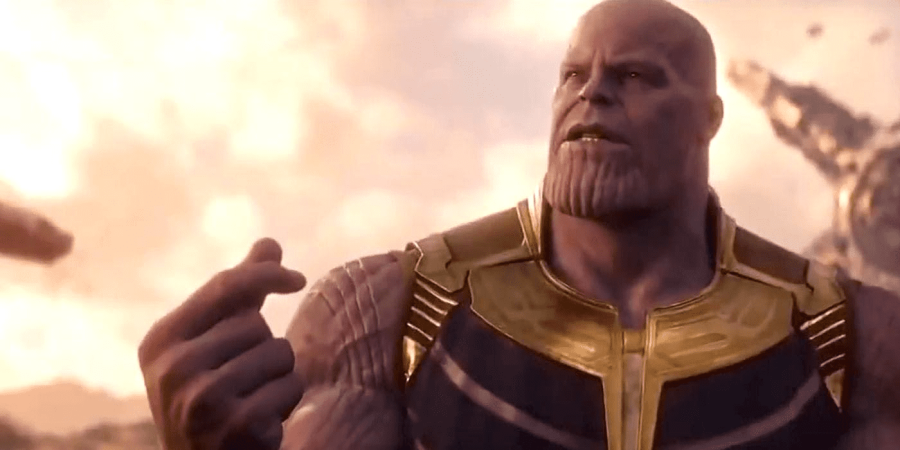
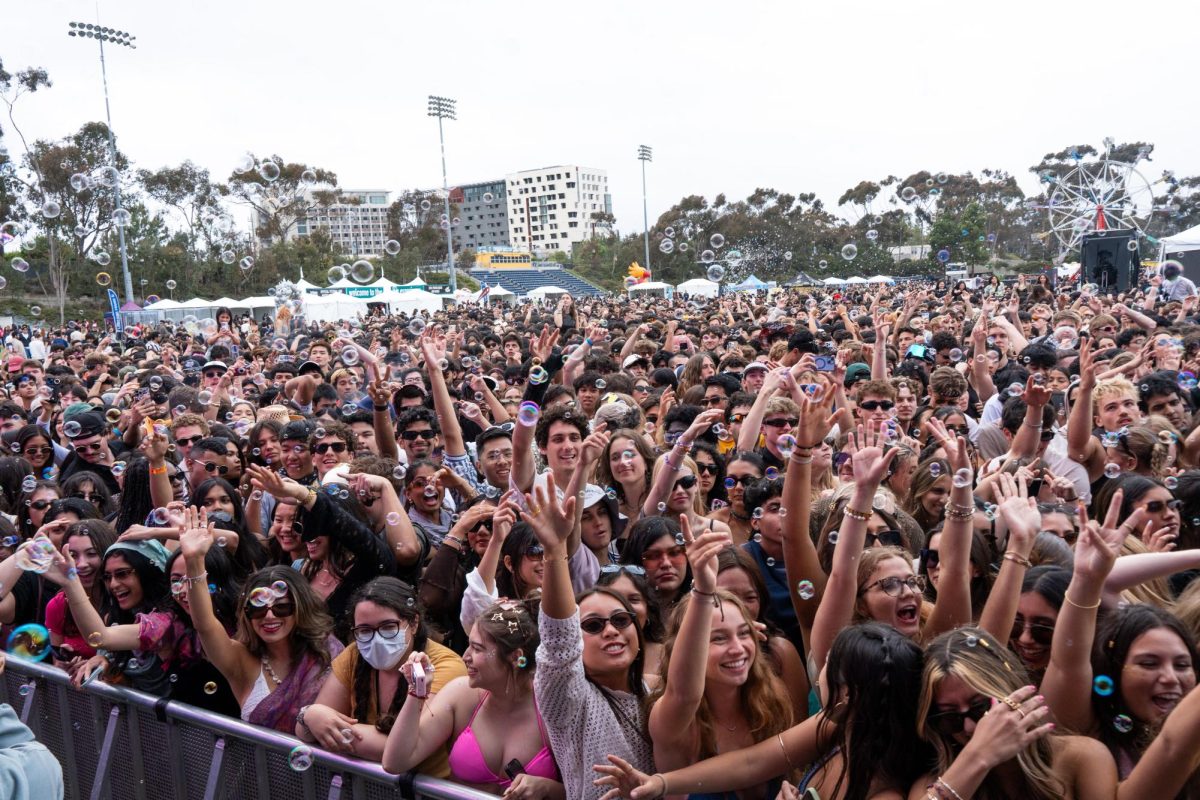
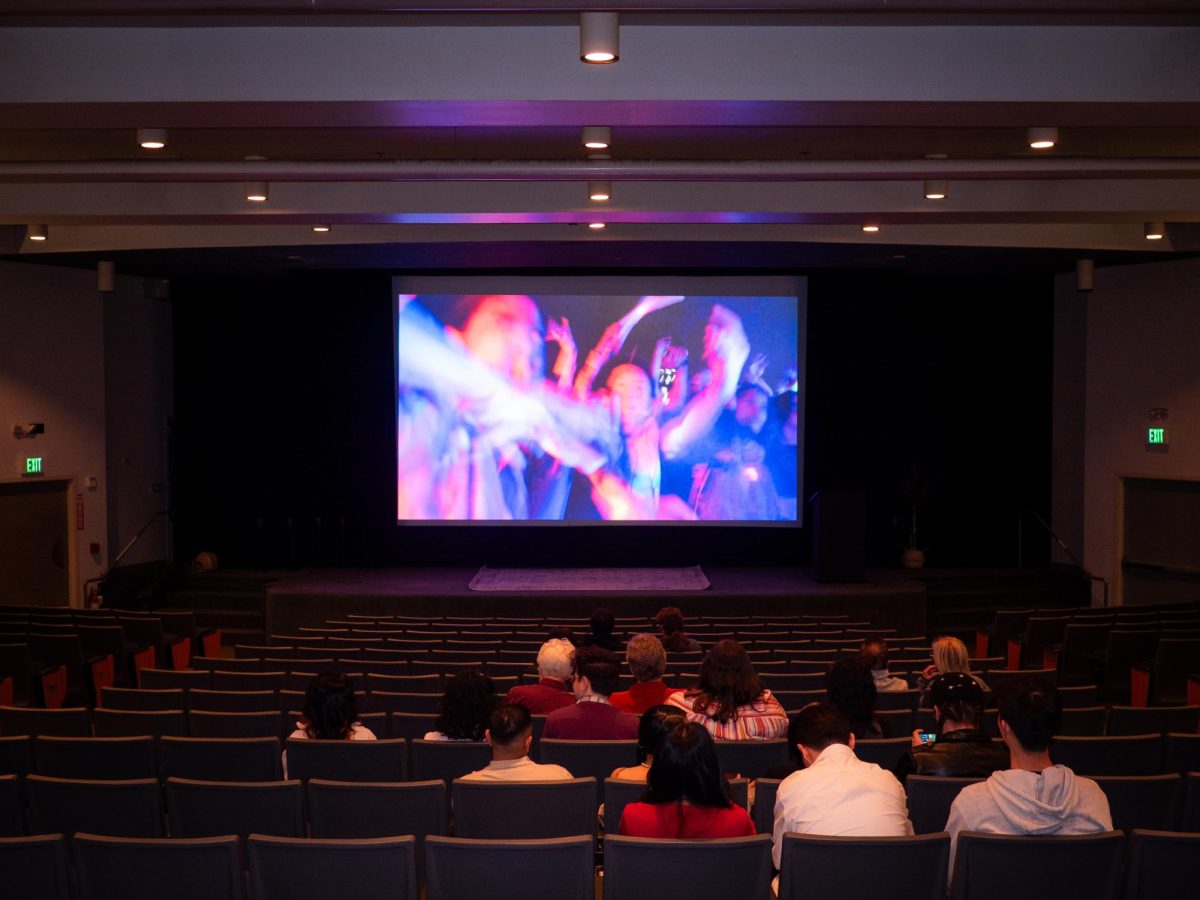

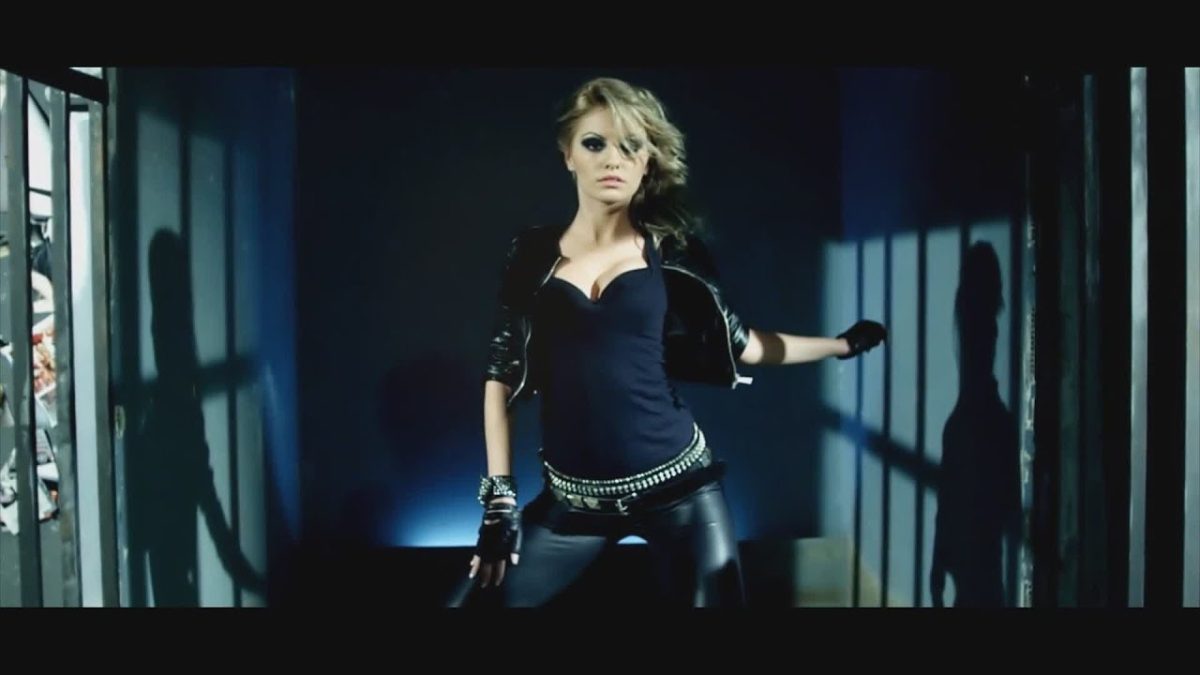
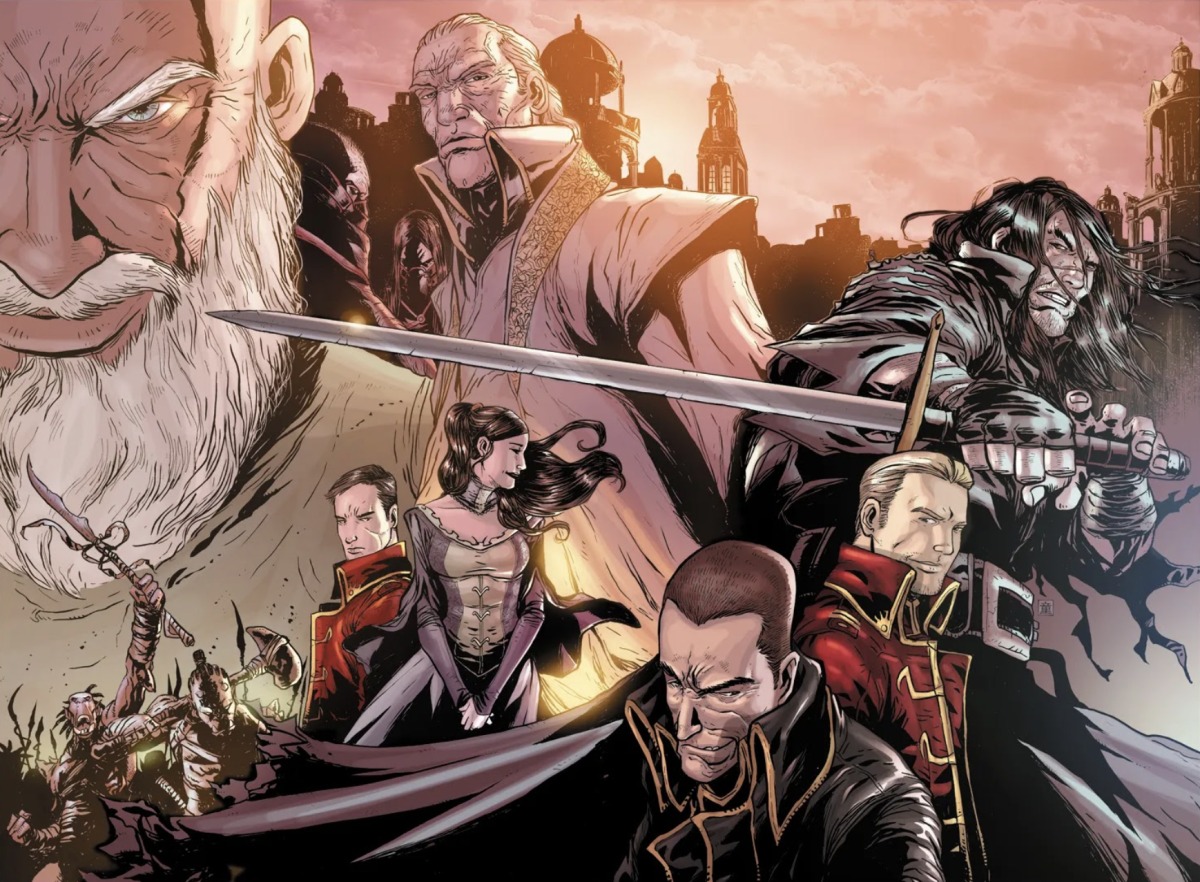







Natalie T • May 13, 2019 at 5:20 pm
the moment we’ve all been waiting for!!! honestly agree with both hot takes
btw the phrase “marking the “end” of the first “arc” of the “story”” has me dead